Nautilus Institute’s Policy Forum‘s focus is on the timely publication of expert analysis and op-ed style pieces on the foremost of security-related issues to Northeast Asia. Its mission is to facilitate a multilateral flow of information among an international network of policy-makers, analysts, scholars, media, and readers. Policy Forum essays are typically from a wide range of expertise, political orientations, as well as geographic regions and seeks to present readers with opinions and analysis by experts on the issues as well as alternative voices not typically presented or heard. Feedback, comments, responses from Policy Forum readers are highly encouraged.
Policy Forum 11-28: Intelligence Gathering, the South China Sea, and the Law of the Sea
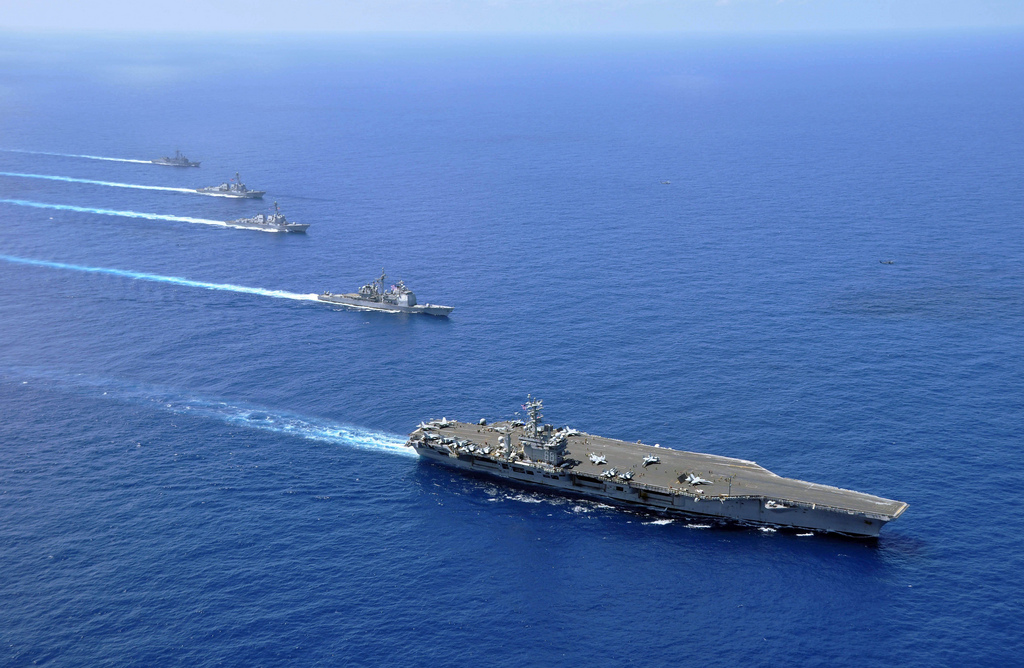
Mark Valencia, Nautilus Institute Associate and NARP Research Associate, examines the implications of new intelligence gathering equipment on maritime conflicts and the Law of the Sea. He writes, “the scale and scope of maritime and airborne intelligence collection activities are likely to continue to expand rapidly in many countries … The Law of the Sea does not adequately deal with these dimensions of freedom of navigation… Unless the issues are addressed and resolved, more incidents and possible conflict lie ahead.”
Go to the articlePolicy Forum 11-27: Biden Time in Mongolia
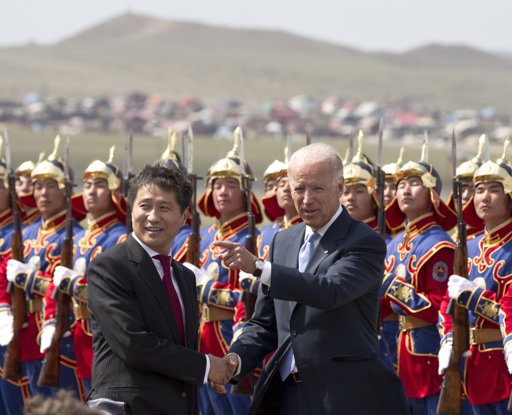
Stephen Noerper, a former professor of international relations at New York University and the National University of Mongolia, provides an overview of Joe Biden’s recent visit to Mongolia. He writes, “Surprisingly the great lessons of the U.S. Vice President’s journey lie more with Mongolia than larger China or Japan—at least this time around.”
Go to the articlePolicy Forum 11-26: National and International Protests Challenge Naval Base Construction on Jeju Island, South Korea
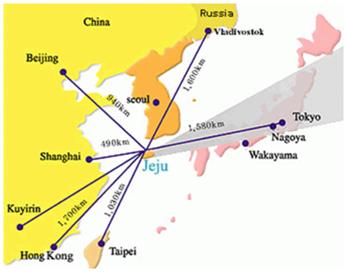
Gwisook Gwon, a lecturer in the Department of Sociology at Jeju National University, South Korea analyzes the ‘Save Jeju Island’ civil society movement, which has been protesting the construction of a naval base south-west of the Korean peninsula for the past ten years. Her article presents opposing discourses surrounding issues of democratic procedure, community solidarity and environmental protection in relation to the base’s construction.
Go to the articlePolicy Forum 11-25: Did Deterrence Against North Korea Fail in 2010?
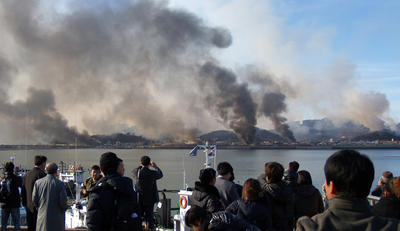
Ken Jimbo, an Associate Professor at the Faculty of Policy Management, Keio University, writes, “We can reach a tentative assessment that deterrence failed in 2010, and is likely to fail again, but that escalation control succeeded. The recent incidents indicate a ‘stability–instability paradox’ on the Korean Peninsula — there is a decreasing probability of major war but an increasing probability of low-level conflicts.”
Go to the articlePolicy Forum 11-24: North Korea’s Shrinking Role in the Global Missile Market
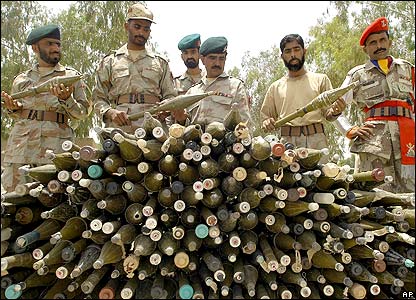
Joshua Pollack, a consultant to the US government, analyzes the discrepancies between news reports, which often claim Pyongyang sells large numbers of ballistic missiles abroad, and the actual contents of seized arms shipments. Pollack asserts that while there ahas recently been an unprecedented number of intercepted conventional arms shipments from North Korea, the number of complete missiles in such shipments has fallen dramatically since 1994 due to Western sanctions and an influx of missile suppliers on the global market.
Go to the articlePolicy Forum 11-23: The South China Sea ‘Crisis’: Bringing Out the Best
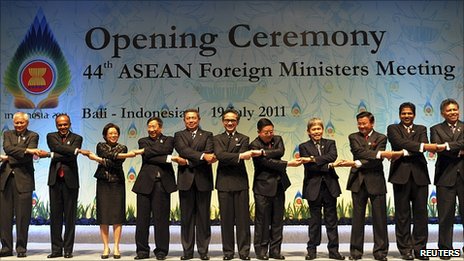
Mark J. Valencia, Nautilus Institute Associate and Senior Research Associate at the National Bureau of Asian Research, writes that given the rise in political tension, the positive outcome of the recent ASEAN meeting in Bali is uplifting. Even if forward movement on implementing the 2002 Declaration on Conduct of Parties in the South China Sea (DOC) is small and fragile, it is in the right direction. Of course, it is only one step of many necessary to truly put the ongoing disputes in the South China Sea to rest.
Go to the articlePolicy Forum 11-22: The DPRK and the Warsaw Clause: An Unnoticed Change in US Nuclear Policy
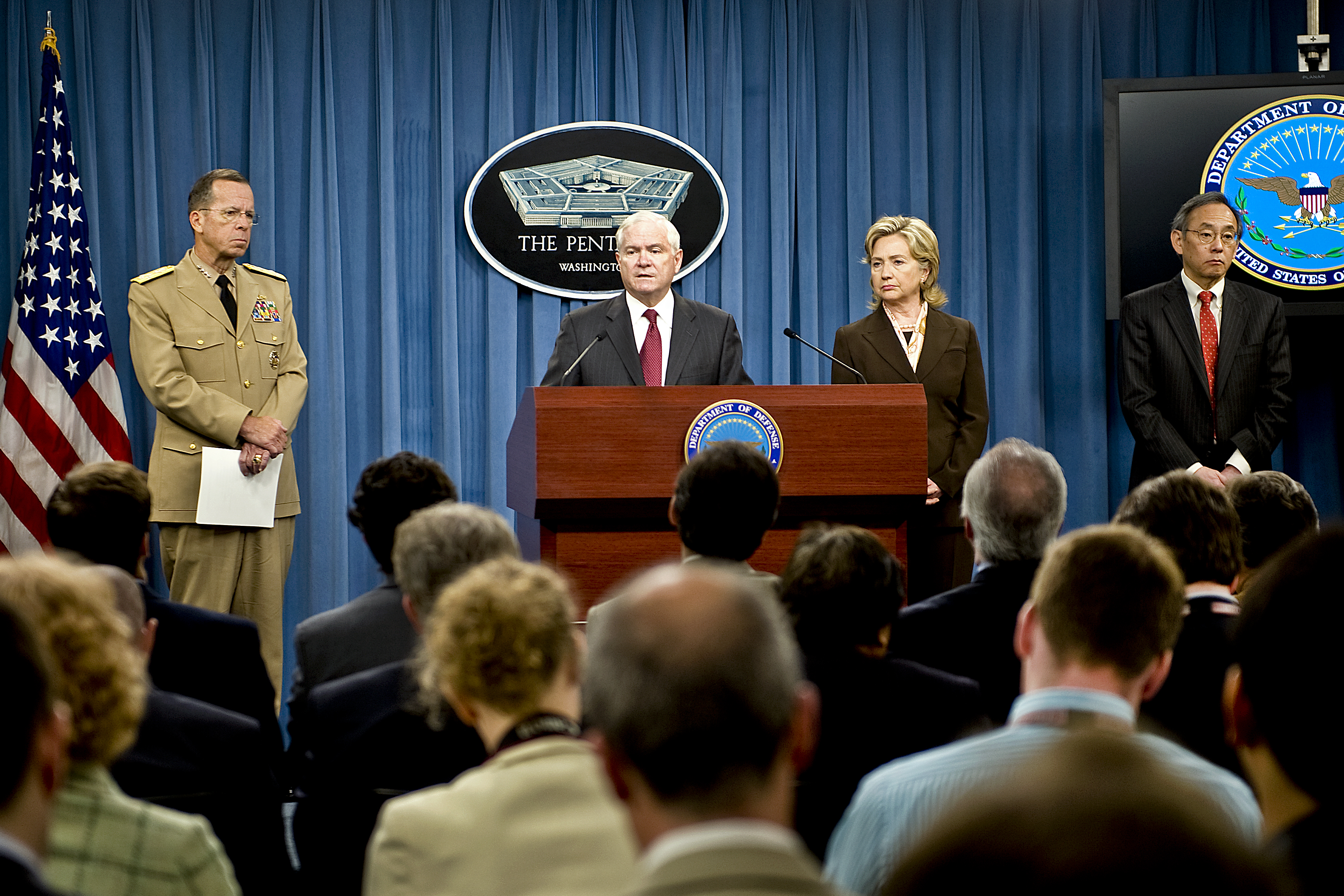
Jeffrey Lewis, Director of the Nuclear Strategy and Nonproliferation Initiative, New America Foundation, and Peter Hayes, Professor of International Relations, RMIT University, and Director of the Nautilus Institute state that until the Obama administration’s issuance of its Nuclear Posture Review in April 2010, any attempts North Korea would have made to achieve non-nuclear state compliance would have been hamstrung by what is known as the “Warsaw Pact Exclusion”. In effect, prior to this latest NPR, not only did North Korea have to abandon its nuclear weapons and open itself to inspection, it also had to rupture its primary security alliance with China in order to receive any assurances that the United States would not use nuclear weapons against it. The new NPR removes this loophole and guarantees that negative security assurances would apply to the DPRK in the event that it returned to the Non-Proliferation Treaty as a non-nuclear weapon state.
Go to the articlePolicy Forum 11-21: Why Not Opt for a “Win-Win” Strategy for the Korean Peninsula?
Haksoon Paik, senior fellow at The Sejong Institute, South Korea, argues that while current prospects for denuclearizing the Korean peninsula are slim, US and ROK policymakers still have several opportunities to facilitate the resumption of negotiations with the DPRK by “returning to the basics”.
Go to the articlePolicy Forum 11-20: A Second Nuclear Era? It’s Not Worth the Risk
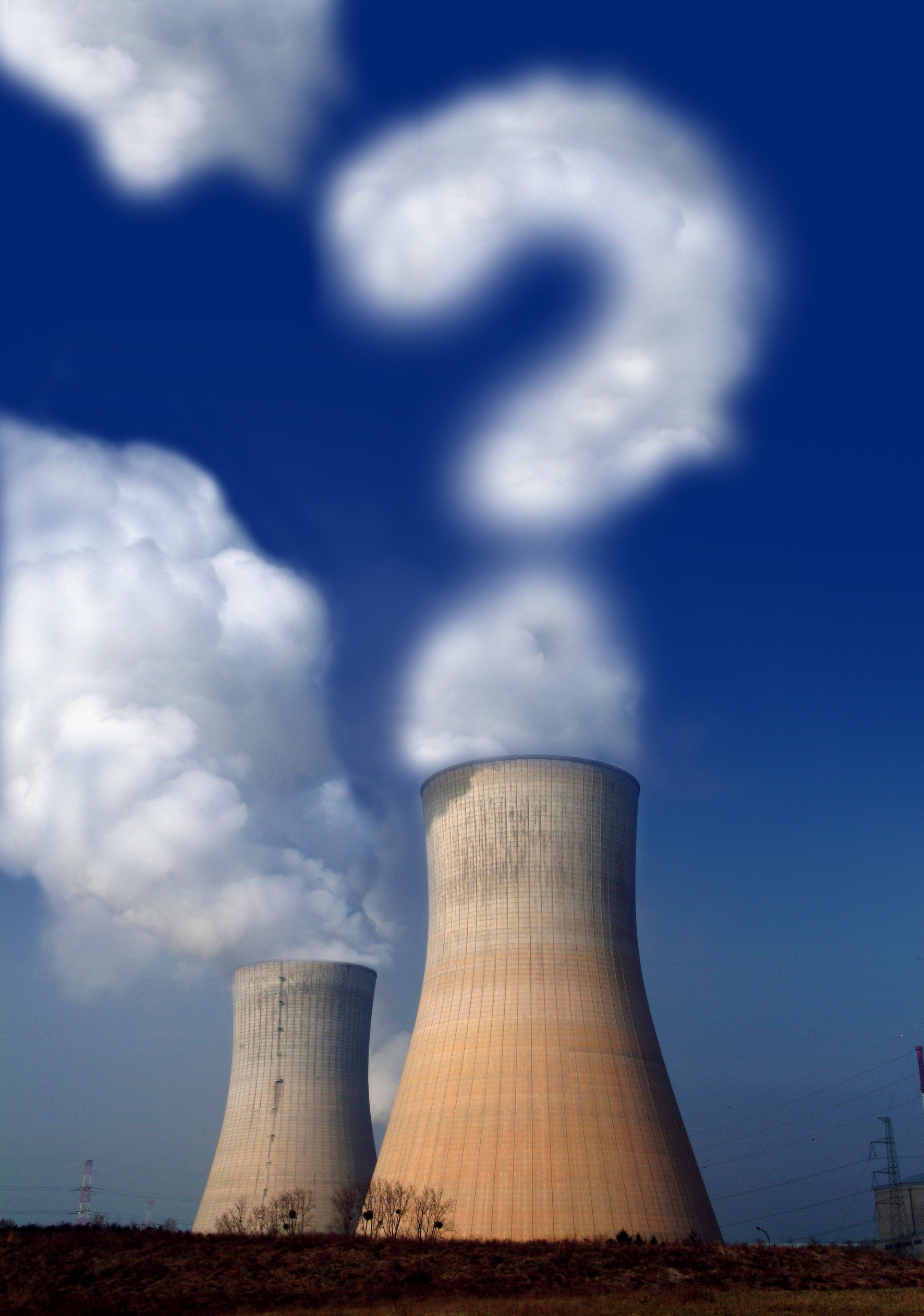
Nikhil Desai’s article examines how, with the building of nuclear plants in decline for years in developed nations, the nuclear industry has pinned its hopes on developing nations’ energy thirst. However, so many improvements are still needed in safety, regulatory and compliance criteria that the prospects for a ‘nuclear renaissance’ look bleak. Nikhil Desai is an economist, and divides his time between India and the US.
Go to the articlePolicy Forum 11-19: A Crisis of Confidence, But Nuclear Power Is Here to Stay
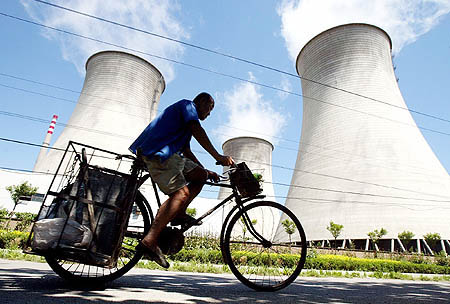
Jor-Shan Choi, Associate Director of the Berkeley Nuclear Research Center, University of California, Berkeley, argues that the tragedy at Japan’s Fukushima nuclear power plant will do little to deter the growth of nuclear power in the region. He writes, “There is no doubt that nuclear power will also survive the Fukushima incident, and can use it as a unique opportunity to refocus on the three fundamentals — human factors, safety, and waste disposal.”
Go to the article
